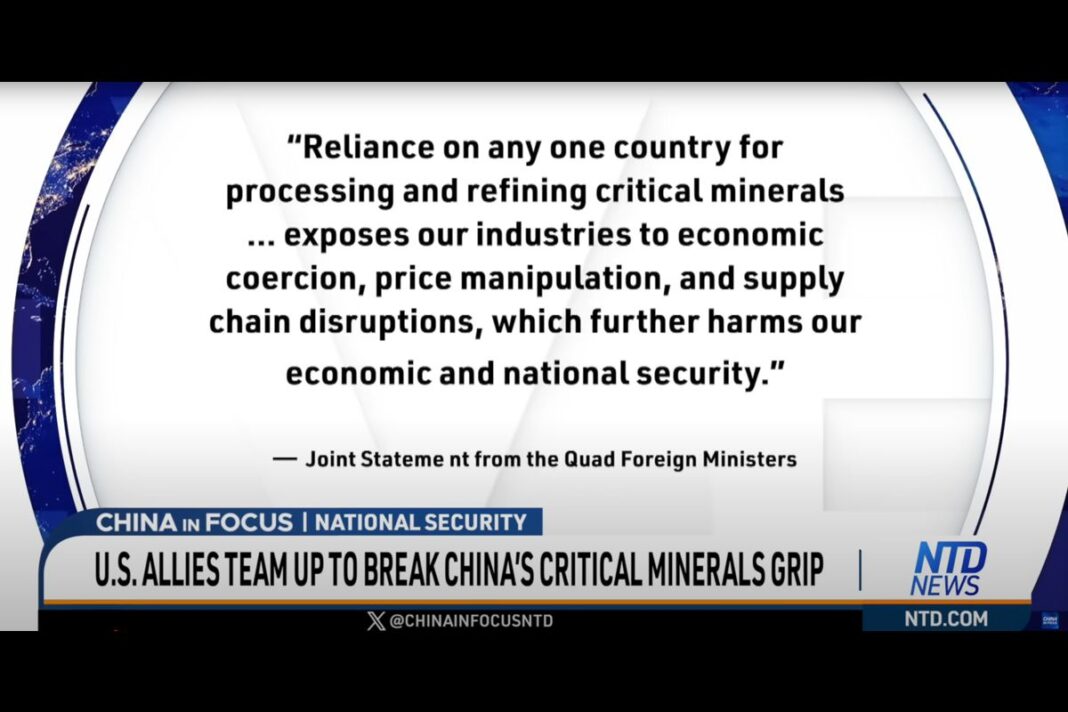The move materializes a threat made in the earlier stage of the trade war with the United States.
China has finalized new export controls on technologies crucial to making batteries and processing critical minerals, materializing a threat made in the earlier stage of its trade war with the United States.
In a joint announcement on July 15, China’s Ministry of Commerce and Ministry of Science and Technology unveiled an updated version of its Catalog of Technologies Prohibited or Restricted from Export.
The catalog, alongside two dual-use export control lists, is a key instrument governing China’s export control regime. It is divided into two categories: technologies completely banned from export, and technologies restricted under a licensing regime. Technologies on the restricted list cannot be exported without government approval.
The latest update adds a new entry: battery cathode material preparation technology, which specifically covers those for producing lithium iron phosphate (LFP), lithium manganese iron phosphate (LMFP), and phosphate-based cathode precursors. These are essential materials for lithium-ion batteries used in electric vehicles.
The catalog also tightens existing rules under the section on the Non-Ferrous Metal Smelting and Rolling Industry, expanding restrictions on technologies for extracting metallic lithium and gallium, a vital material in semiconductor chips.
This round of revisions was initially proposed in January, shortly before the second inauguration of President Donald Trump, who has pledged to use tariffs and other tools to protect U.S. industries and rebalance trade between the United States and the rest of the world.
The U.S.–China trade war is currently in a state of truce, putting on hold Trump’s April 2 executive order on reciprocal tariffs, which would have raised tariffs on Chinese imports to as high as 145 percent.
China remains the world’s dominant miner and refiner of lithium and gallium. The U.S. Geological Survey (USGS) has identified both materials as critical to national security and economic competitiveness.
According to a USGS report released in January, the United States is unable to domestically source any of 31 key critical minerals, and can only commercially refine one: beryllium. China, by contrast, is the primary source for eight of those minerals and the near-exclusive provider of 17.
By Bill Pan








